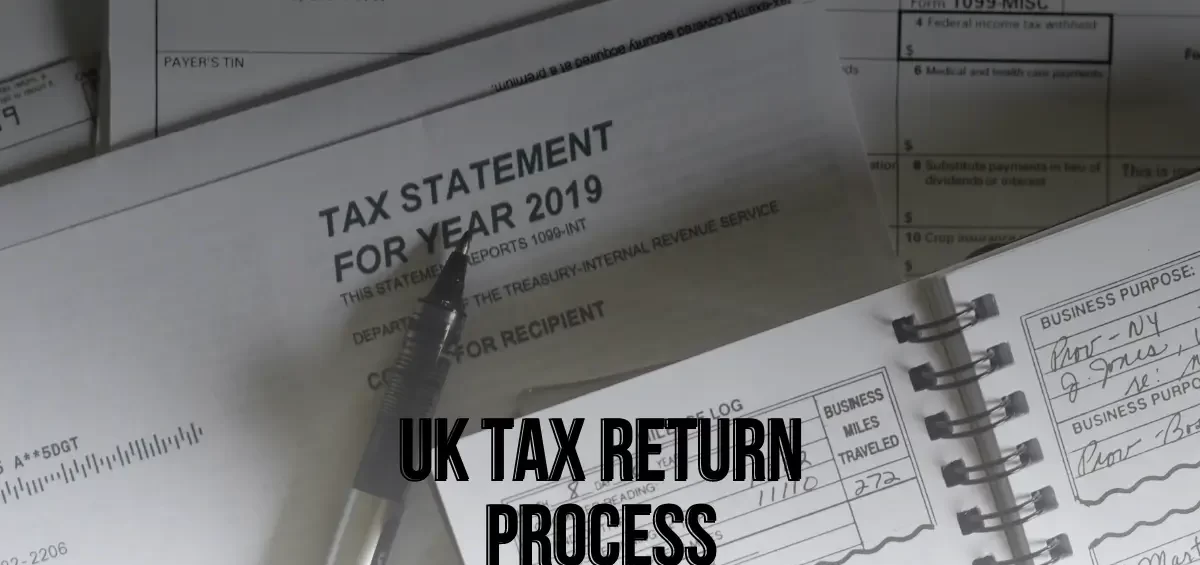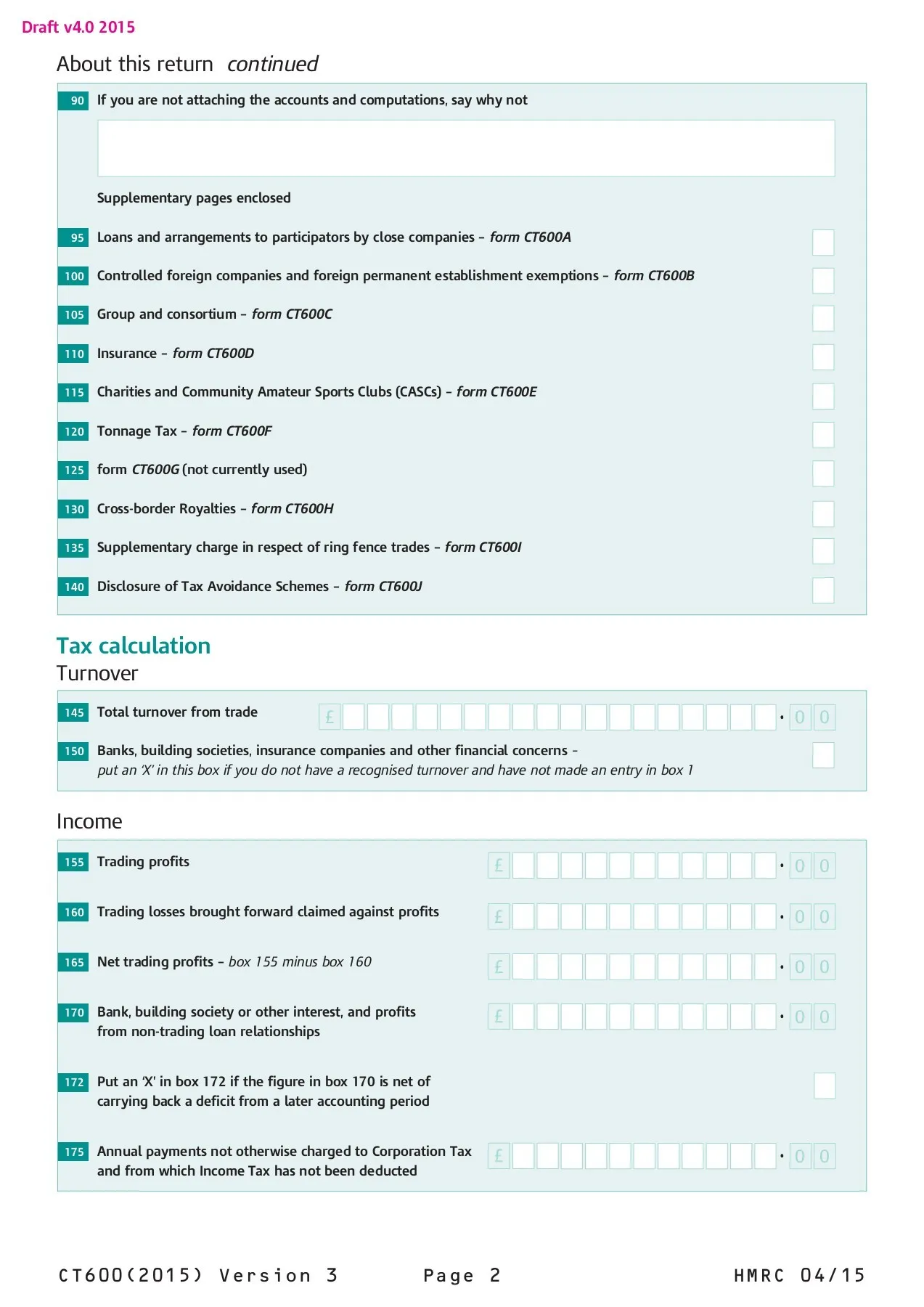If you’re a freelancer making money on Fiverr, you might be wondering about the ins and outs of reporting your income to the taxman. It’s an important topic! Just like any other source of income, your Fiverr earnings are subject to taxation, and failing to report them correctly can lead to some serious consequences. In this section, we’ll break down the basics of why it’s crucial to accurately report your Fiverr income, so you can stay compliant and avoid any potential headaches with the IRS.
Understanding Tax Obligations for Fiverr Sellers

As a Fiverr seller, it's essential to grasp your tax obligations to ensure that you’re on the right side of the law. Here’s a breakdown of what you need to know:
- Self-Employment Income: When you earn money through Fiverr, you’re basically running your own business. This means you’ll be classified as a self-employed individual. As a result, you’ll need to report your earnings on Schedule C of your tax return.
- Income Thresholds: In the U.S., if you earn $400 or more from self-employment in a given year, you must file a tax return. This means that even if you're making small amounts through Fiverr gigs, it’s best to keep track of all your earnings.
- Estimated Taxes: Since Fiverr does not withhold taxes from your earnings, you may be responsible for making estimated tax payments throughout the year. The IRS requires self-employed individuals to pay taxes quarterly if they expect to owe $1,000 or more.
- Deductions: One silver lining is that you can deduct certain business expenses that are directly related to your Fiverr gigs. This can include software subscriptions, advertising costs, or even a portion of your internet bill. Keeping good records is vital!
- Record Keeping: It’s crucial to keep accurate records of all transactions. Fiverr provides a handy dashboard where you can download your earnings reports, which should be retained along with any invoices or receipts related to your business expenses.
Taking the time to understand these obligations can simplify the tax-filing process and help you maximize any deductions you’re entitled to. Remember, if you’re ever unsure about your specific situation, consulting a tax professional can provide clarity and peace of mind.
Also Read This: How to Find Your Niche on Fiverr
3. How to Track Your Fiverr Earnings

Tracking your Fiverr earnings can be daunting, especially if you're juggling multiple projects. However, establishing a systematic approach to monitor your income will make the tax season much less stressful. Here are some effective methods to keep tabs on your earnings:
- Fiverr Dashboard: Your Fiverr dashboard is a goldmine of information. It provides a detailed breakdown of your earnings, pending withdrawals, and completed orders. To access it, simply log in, and navigate to the "Earnings" section. You can view your earnings by week, month, or year, which is helpful for tax purposes.
- Exporting Reports: Fiverr allows you to download your earnings reports. Go to the “Reports” section on your dashboard. From there, you can select specific dates and download the summary in CSV format. This document can be handy for your accounting records or for feeding into tax preparation software.
- Manual Tracking: If you prefer a more hands-on method, consider using spreadsheets (like Google Sheets or Excel). Create columns for project names, earnings, date of fulfillment, and withdrawal dates. This will not only help you track your income but also provide insights into your most lucrative gigs.
- Accounting Software: Dedicated accounting software, such as QuickBooks or FreshBooks, can help automate tracking. These tools can directly integrate with your bank accounts, pulling in transfer data to ensure you're accurately reporting your Fiverr income.
Whichever method you choose, consistency is key. Make it a habit to update your records regularly to avoid scrambling for information when tax time rolls around.
Also Read This: How to Sell Things on Fiverr
4. Gathering Necessary Documentation

When it comes to reporting your Fiverr income, having the right documentation is crucial. Not only does it help ensure that you report your income accurately, but it also provides a safety net in case of an audit. Here are the documents you’ll need to gather:
- Fiverr Earnings Reports: As mentioned earlier, downloading your earnings reports from the Fiverr dashboard will be essential. These reports should detail your total earnings and can serve as proof of income.
- Bank Statements: If you’re withdrawing your Fiverr earnings to a bank account, print or download your bank statements for the relevant tax year. Highlight or note the deposits corresponding to your Fiverr income for easy reference.
- Invoices: While Fiverr clients may not always require them, keeping copies of any invoices you’ve sent can be beneficial. This way, you have records of what services were provided and how much you charged for them.
- Transaction Records: If you use platforms like PayPal or any payment processors, download your transaction history. This is particularly important for ensuring that all income is correctly reported.
- 1099 Forms (if applicable): In certain cases, Fiverr will issue a 1099 form if you earn more than a threshold amount. Keep this document handy, as it will simplify the reporting process.
Gathering these documents may seem tedious, but trust me—having everything organized pays off significantly when filing your taxes.
Also Read This: Is Fiverr Trustable? Unveiling the Truth Behind the Freelance Marketplace
5. Step-by-Step Guide to Reporting Fiverr Income
Reporting your Fiverr income doesn’t have to be daunting. With a little organization and attention to detail, you can smoothly include your freelance earnings on your tax return. Here’s a simple step-by-step guide to help you through the process:
- Track Your Income: Start by keeping detailed records of all your earnings. Fiverr provides you with monthly statements that break down your income, so make sure to download and save these documents.
- Calculate Your Total Earnings: At the end of the year, sum up your total earnings from Fiverr. This would include proceeds from all the gigs completed during the tax year.
- Gather Necessary Documents: Along with your income statements, gather any invoices or receipts related to your Fiverr transactions. This documentation will be essential for substantiating your income.
- Choose Your Tax Form: For freelancers and gig workers, you’ll typically report your income using the IRS Form 1040 along with Schedule C (Profit or Loss from Business). Understanding which forms you need beforehand will save you time.
- Report Your Earnings: Fill out Schedule C to report your net earnings from freelancing. Make sure to include your Fiverr income in the section for business income.
- Pay Self-Employment Taxes: Remember that if you earn more than a certain threshold, you’ll need to pay self-employment taxes. This is typically reported on Schedule SE.
- Consult A Tax Professional: If you’re feeling overwhelmed or if your financial situation is complex, don’t hesitate to reach out to a tax professional for tailored guidance.
By following these steps, you can confidently report your Fiverr income and ensure you’re compliant with tax requirements.
Also Read This: How to Bid on Jobs on Fiverr: A Comprehensive Guide
6. Common Deductions and Expenses for Fiverr Sellers
As a Fiverr seller, it's important to know that you can deduct various business expenses from your taxable income. Deductions can lower your overall tax liability, meaning you’ll pay less in taxes! Here are some common deductions that you might qualify for:
| Deduction | Description |
|---|---|
| Home Office Deduction | If you use part of your home exclusively for your Fiverr work, you may qualify to deduct a portion of your rent or mortgage interest. |
| Internet and Phone Costs | The costs associated with your internet and any business-related phone calls can be deducted. |
| Software and Tools | Any software, applications, or tools you purchase for work can usually be deducted. This includes graphic design programs, accounting software, and more. |
| Marketing Expenses | If you spend money promoting your services (like on social media ads), these costs can often be deducted. |
| Professional Memberships | Fees for organizations related to your freelance work can also be deducted. |
While it might seem overwhelming, keeping track of these expenses is crucial. It pays off to be organized throughout the year. Plus, every deduction counts when it comes to reducing your taxable income!
Also Read This: How to Paste Custom Offer Code on Fiverr
FAQs About Reporting Fiverr Income
When it comes to reporting Fiverr income, many freelancers have questions that pop up frequently. Let’s address some of the most common concerns to clear up any confusion!
- Do I need to report my Fiverr income? Absolutely! Regardless of whether you’re a full-time freelancer or just doing gigs on the side, the IRS requires you to report all earned income, including what you make from Fiverr.
- What if I didn't receive a 1099 form? If you earned less than $600 from Fiverr, you may not receive a 1099 form. But remember, you’re still obligated to report that income. Just keep track of your earnings through Fiverr’s dashboard or your PayPal statements!
- Can I deduct expenses related to my Fiverr gigs? Yes! You can deduct any business-related expenses. This might include software subscriptions, advertising costs, or even a portion of your internet bill if you work from home. Just be sure to keep your receipts and good records!
- How do I calculate my net income from Fiverr? To determine your net income, simply subtract your business expenses from your total earnings. The formula looks like this: Net Income = Total Earnings - Total Expenses
- Will reporting my income get me audited? While there's always a risk of being audited, reporting your income accurately actually helps protect you. Being transparent with your taxes is key!
Conclusion: Staying Compliant with Tax Regulations
In conclusion, if you're earning money from Fiverr, it's crucial to stay compliant with all tax regulations to avoid any potential issues down the line. Here are a few final thoughts to keep in mind:
- Keep Records: Maintain detailed records of all your transactions. This makes reporting much easier and less stressful.
- Understand Your Tax Obligations: Familiarize yourself with both federal and state tax regulations. Depending on where you live, you may have additional requirements to meet.
- Consider Hiring a Professional: If the tax process feels overwhelming, don’t hesitate to seek help from a tax professional or accountant. They can offer valuable advice tailored to your situation.
Finally, remember that staying organized and proactive about your tax obligations can make a world of difference. By taking the time to understand and report your Fiverr income correctly, you are not just complying with tax laws but also setting a solid foundation for your freelancing business. Happy freelancing!



